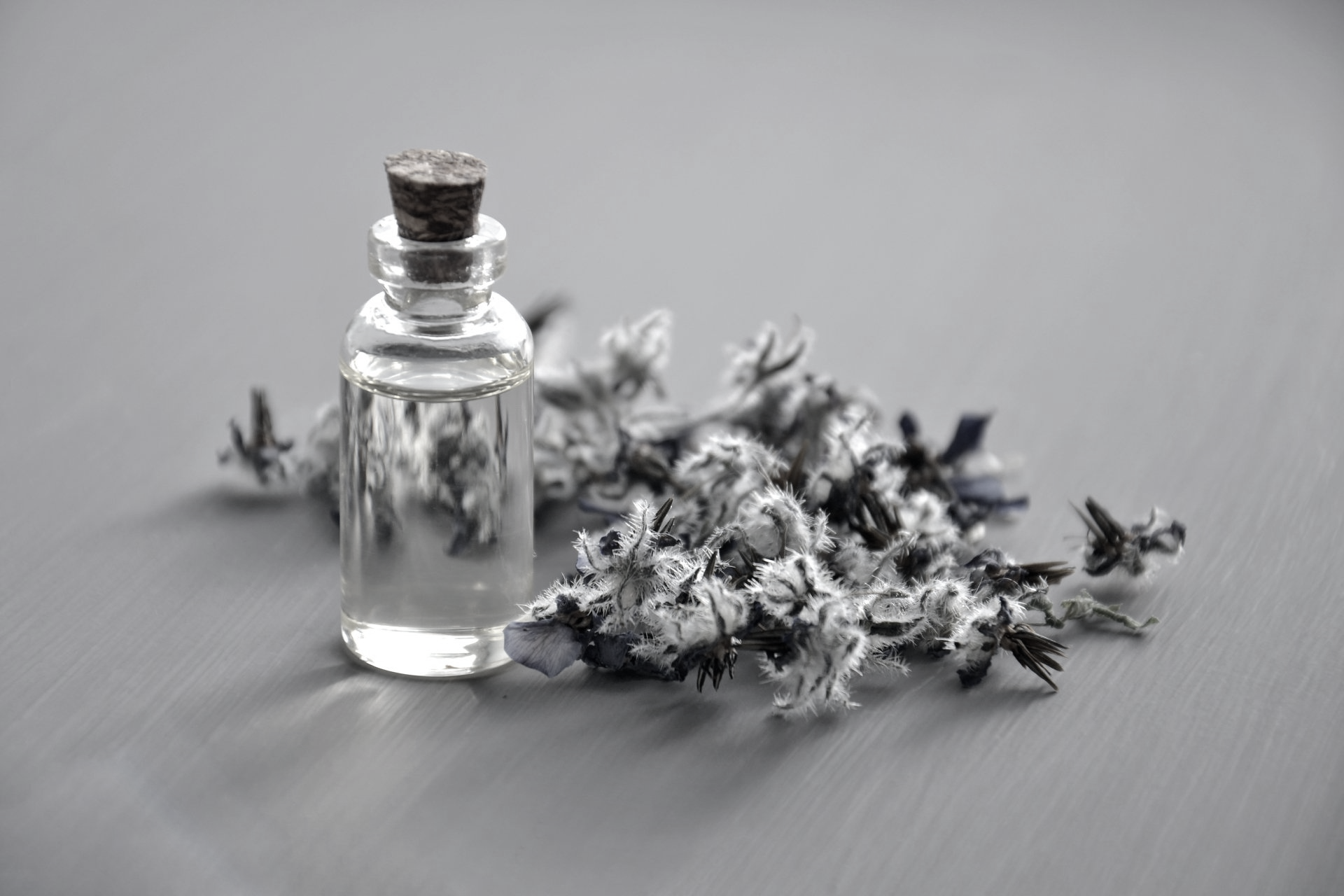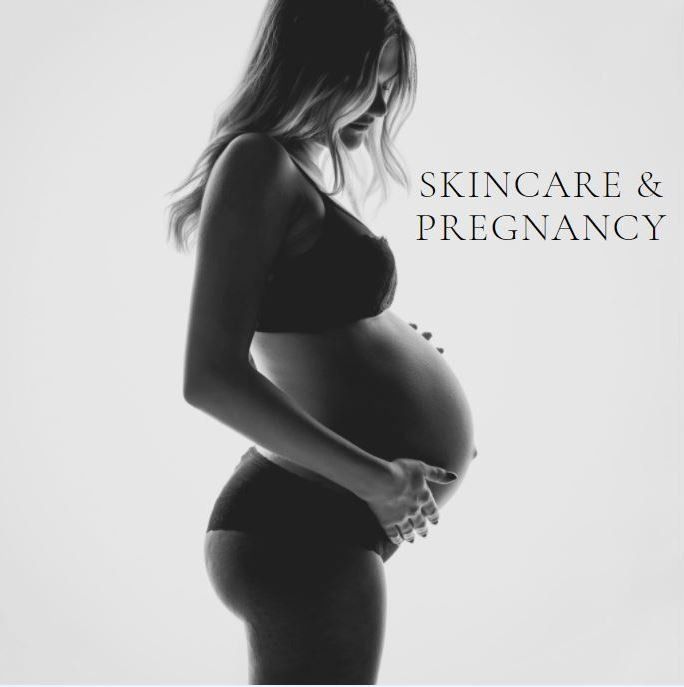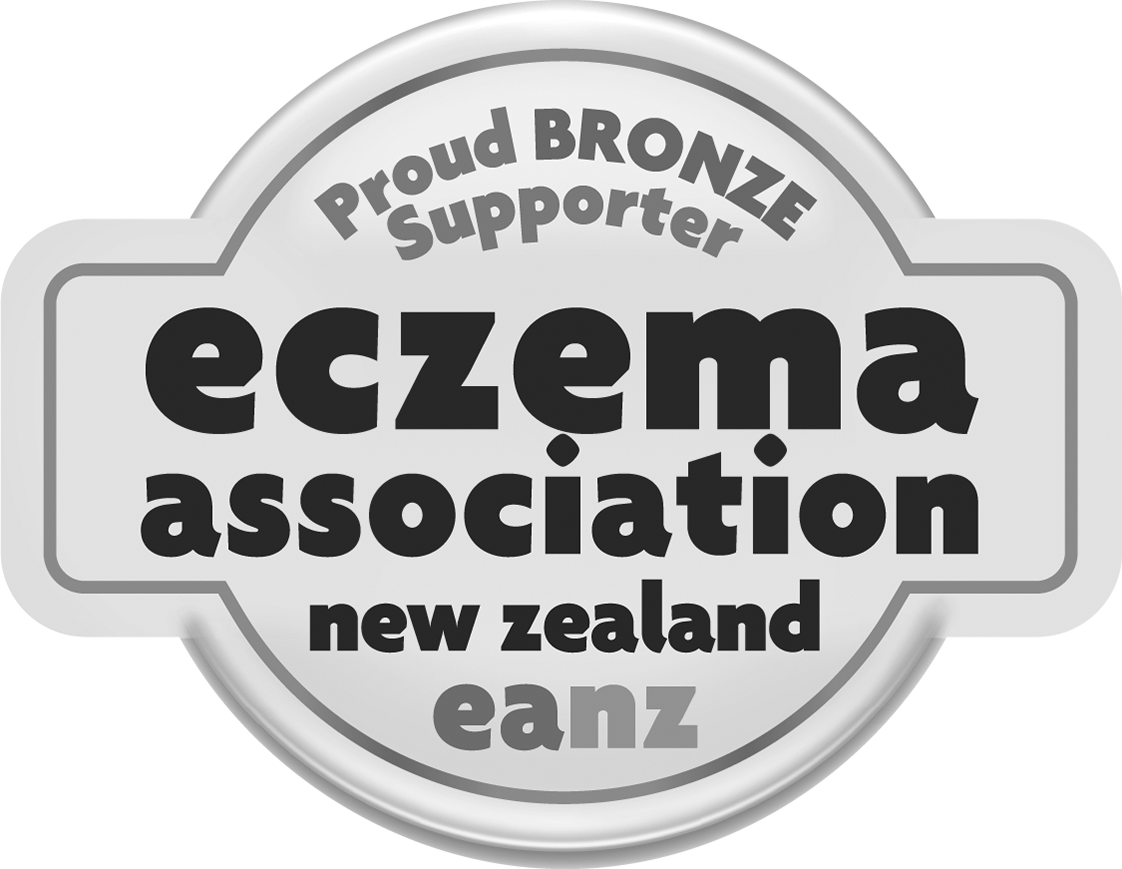Why Skincare during pregnancy important?
Pregnancy and skincare
Pregnancy can be a difficult time and a woman goes through many emotional and physical changes when pregnant. There are hormonal changes as the body gets ready to carry and deliver a baby. All this can take a toll on skin health. That is why it is extremely important to have a proper skin care routine in place if you are pregnant. You must also take care of your skin so that you do not face any post-delivery skin issues. But this is also the time to be careful of what you use. Many beauty products in the market may not be good for you and your baby. Therefore, you need to know what you can or cannot use when you are pregnant.
First and foremost, your pregnancy skin care routine must be safe for your baby.
Many health experts say that for healthy skin you must adopt a pregnancy-safe skin care routine. Pregnancy glow is totally a thing, but pregnancy can also cause skin issues. For many females they do not get the 'pregnancy glow' that is often talked about.
You, will, without doubt, experience many skin changes like dry and itchy skin rashes, acne, melasma (chloasma/pregnancy mask), skin redness and stretch marks during and after pregnancy. Hence, you need a new skin care routine. This is because the beauty regime that you followed till now may not be of any use right now. Your skin is very delicate when you are pregnant, and you need a skin care routine that is safe.
Here are a couple of tips to help get you through the most common issues.
Using a Tyrosinase inhibitor if you are showing any signs of Melasma or pigmentation (pregnancy mask)
Melasma is a form of hyperpigmentation characterized by brown or tan patches across the face. It's often tied to changes in hormones, the best thing you can do to prevent melasma from further developing is to wear a physical sunscreen every day and using an appropriate tyrosinase inhibitor serum to help deactivate melanin production and prevent further stimulation from sun and heat. Shielding skin from UV damage will help ensure melasma does not get any worse. Post pregnancy and breast feeding there are more stronger methods of treating melasma such as the use of hydroquinone, retinoids, laser and skin collagen induction but in some cases, it fades in post-partum months.
Targeting hydration and moisturizing
When you are in the first and second trimesters of your pregnancy, you also may experience hormonal acne. That is when your androgen levels are higher than normal. You also may notice that your skin is extra dry thanks to your changing hormones. This can be temporary, but lots of women notice permanent changes. Hydration, increasing skin immunity and barrier function is especially important to help manage these changes. Though they sound similar, moisturizing and hydrating are two different things when it comes to skin care. The main responsibility of a moisturizer is to set a barrier between the air and your skin to keep water from evaporating. Hydrators, on the other hand, are formulated to increase the water content of your skin. Ideally, you would want to apply a hydrator first to put moisture into your skin, followed by a moisturizer to seal the hydration throughout the day. Used together, they form the foundation of any good pregnancy-safe skin care routine.
Hero is packed with hyaluronic acid, niacinamide, magnesium ascorbyl phosphate to help target these issues. Control as a moisturizer helps regulate oil secretion, calms and soothes skin assisting the prevention of acne breakouts with the Delisens peptide targeting and reducing neurogenic inflammation helping relieve that itchy, irritated feeling commonly experienced in pregnancy.
Exfoliating
In addition, it is important to gently exfoliate two to three times a week. This keeps surface debris from building up on the skin and causing breakouts. It also helps alleviate dryness, which can be exacerbated by dead skin not allowing products to penetrate properly. Polish helps gently remove impurities, while polishing away dead skin cells. Pink Australian Clay helps to restore and replenish skin and reducing inflammation and irritation from aggravating skin conditions such as acne. Pink Clay is rich in silica, which helps to improve skin elasticity and cell renewal.
Body cream
Stretch marks are also a common skin concern for pregnant women. They are caused by the skin stretching a lot in a short amount of time. But when you choose a moisturiser, go for one that is free of chemicals. A body butter cream that is safe and enriched with natural ingredients like cocoa butter and glycerin is a good choice. It will balance the moisture in your skin and give you softer and supple skin. This can also help deal with itchiness due to dry skin and help avoid stretch marks.
There are also a lot of common ingredients to avoid in your skincare routine when you are pregnant. The following can be harmful to a developing foetus: salicylic acid, L-Ascorbic Acid, Retin-A, retinol, retinyl palmitate, benzoyl peroxide, hydroquinone, and prescription acne medications. In addition, you should avoid professional treatments such as chemical peels with salicylic acid, Botox, and laser treatments. In the Phi Cosmeceutical range Rewind, C-Boost and Spotless should be avoided til breastfeeding has finished.
Phi has been designed to be simple but effective and the no fragrance added to our products makes it a perfect addition to use when pregnant due to the skin being more sensitive and delicate. Fragrance is one of the most common causes for skin reactions and irritation.






